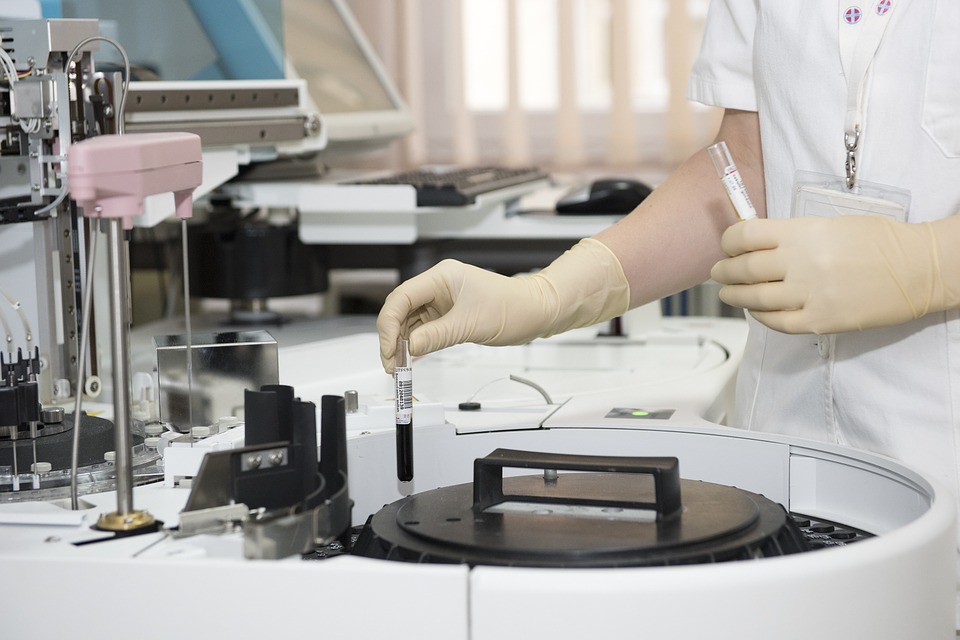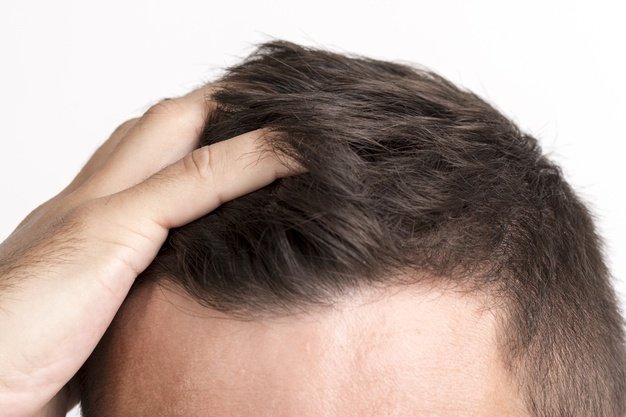Abelmoschus esculentus , Okra Hibiscus esculentus or Abelmoschus esculentus, is a vegetable that is widely used acrss the globe. Many people like its ‘slimy’ texture, however it is loaded with many health benefits that will definitely force you considering including it into your daily diet.
Originated in Egypt, Okra is been produced since 12th century and consumed in various different manners, like fermented, stewed and even fried. It is typically served with rice, soups and other with vegetable.
Various Health Benefits of Okra
According to research published in Jilin Medical Journal in 2005, Okra proved to have positive effects on kidney or nephropathy diseases. To perform this study, participants were divided into 2 different groups, one of which was treated with okra and others with traditional medical therapy. For 6 months, no significant improvements were seen in the medical therapy subjects, however, participants with Okra intake experienced a significant reduction in urine protein and uric acid.
Another study done on Okra capabilities to cure liver diseases published in Saudi Pharmaceutical Journal proved that Okra can protect against chemically induced liver problems. Okra was found to be having hepaprotective and potent antioxidant properties as compared to silymarin and milk thistle.
In the Journal of Pharmacy And Bioallied Sciences, a study was published that stated that extracts of okra can help protect from diabetes. They took rats with the diabetes disease and found blood reduction in sugar levels as well as normalized lipid profile levels when rats were given okra. Also found in Vitro and Vivo studies that okra is great blood glucose-lowering food and it contains fiber in great quantity.
Okra is also good to fight against cancer and proven to have effective action against breast cancers cells, however, this is only proven in preliminary lab studies. Many experts discovered that lectin (just discovered type of protein which is capable to bind to cell membranes) in Okra, really induces cell destructions in breast cancer cells.
Research has also shown okra to possess the ability to fight depression. Although some fruits and vegetables have been shown to have various effects on mood, and the ability to elevate one’s mood (flavonoids and quercetin), Okra had not made the list until recently, when researchers from Mazandaran University of Medical Science decided to examine its effect on mood. Their results showed that okra seed extracts acted as a strong agent for elevating mood, in some cases performing just as well as common antidepressants. It seems that okra’s positive mood effects can be attributed to its high total phenol and flavonoid content.
Okra like many other vegetables and fruits is also proven to be able to fight against depression. However, Okra is just recently proved to have such abilities against depression. Researchers from Mazandaran University of Medical Sciences planned to examine the effects of okra on mood. The results proved that extracts of okra seeds are a potent agent for mood elevation and in few cases, it works as good as antidepressants.
When I come across scientifically validated information that sheds light on the knowledge of our ancestors and ancients, I am never surprised. This is commonly seen with quantum physics, astronomy, health, and spirituality, where our modern-day measurements of ‘truth’ correlate with teachings of our ancient world. It’s good to see science shed light on the healing properties found within nature, as it’s a branch of knowledge we have neglected for many years now. Chemical-based health and our reliance on pharmaceutical-grade medicine have completely taken over, which is perhaps one reason why chronic illness and disease are on the rise.
“Let food by thy medicine, and medicine be thy food.”
Read More:






















